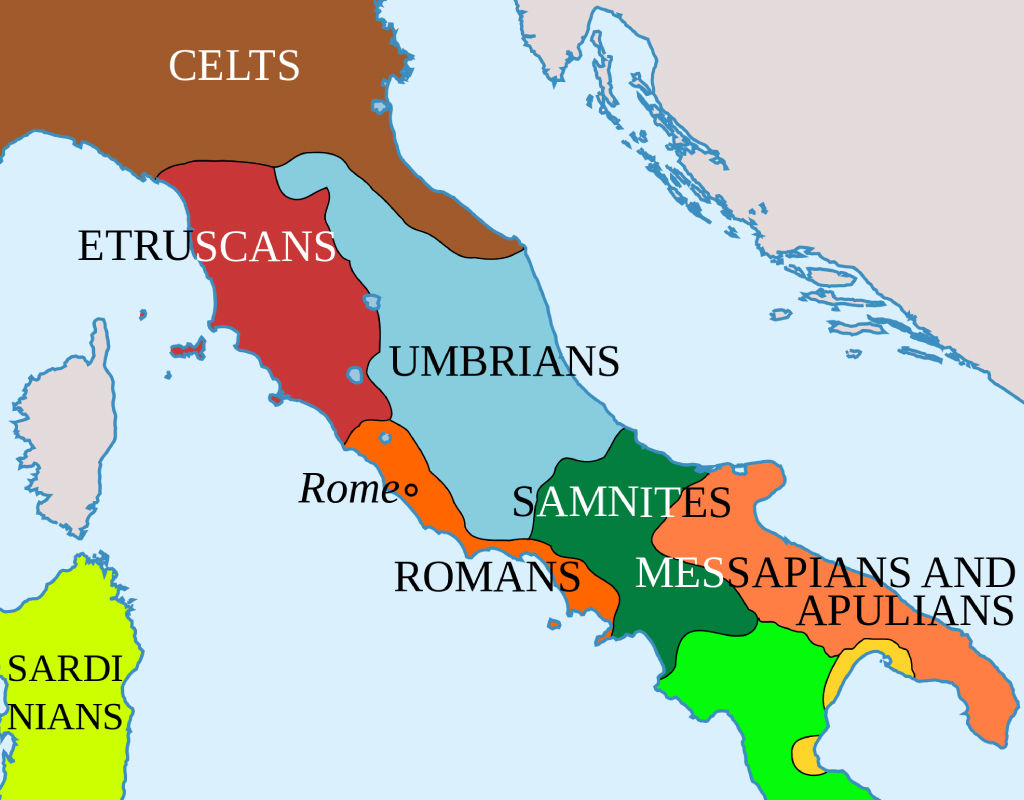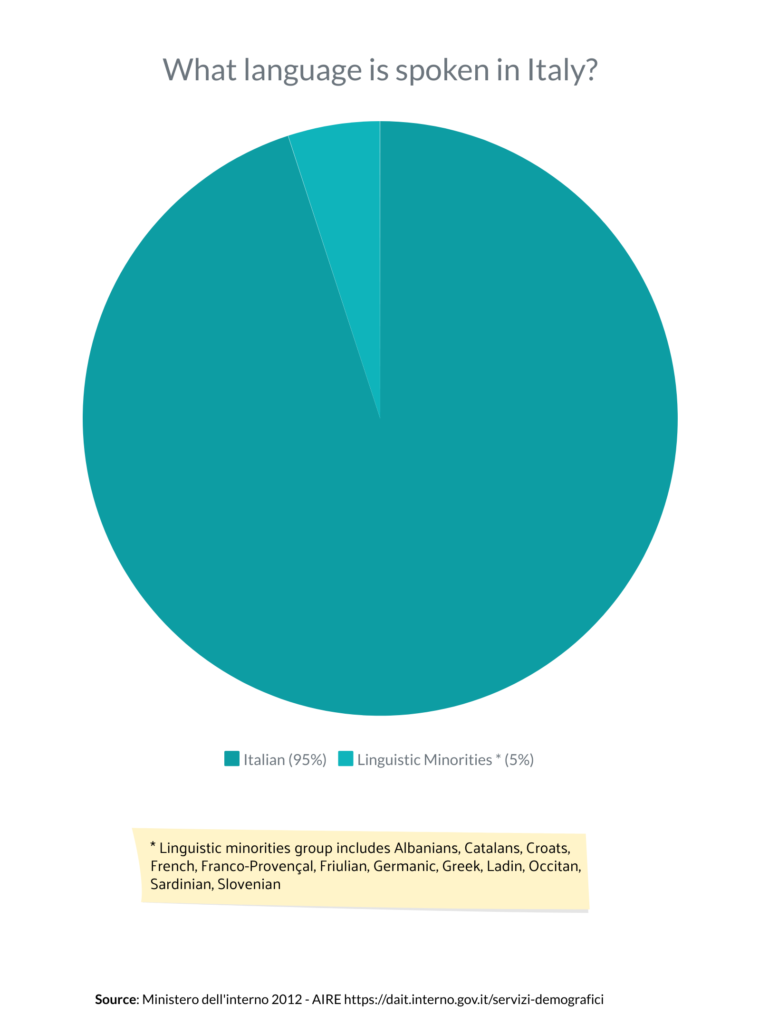Here at Italy Language we are Marketing Localization Experts.
We can help you start a business in Italy or improve your existing presence in the Italian or Spanish markets. Starting from this guide, we are going to introduce some of the major topics we will deal with. Following our advice, you will understand how to reach your customers and get through your competitors.
How important is having .it domain in Italy?
In general terms, we can say that Italian common people approaching the web are firstly considering to register a .it domain for their website in the Italian language. If the domain name is already registered, they use to opt for a .com, .net or .org as second choice – if applicable. However, many are the scenarios where .com domains are the first choice. For example when the website includes a second language, or when the target market is represented not only by Italy.
Techies and people interested in SEO are thinking that an .it website generally can take more advantage in Google search results, being classified before the others on the SERPs. However, true Italian SEO experts know that there is no real difference in terms of ranking between an .it and a .com domain. Both are eligible to rank as high as they can.
Is having a .it domain a must-have for companies selling to Italian customers?
.it domains are available to the public since 1988, they can be registered by anyone with a European address. Apart from European countries, people living in Iceland, Liechtenstein, Norway, Switzerland, Vatican City, and San Marino can register a .IT domain name.
If we look at the present situation, we can see that both Italian and foreign companies selling their goods in Italy are using mainly .it and .com domains, while just some of them opt for other domain extensions. There are many reasons behind these choices, and we are going to list some of them:
Why choosing a .IT domain
* The website is displaying only Italian language content.
* The business owners want to remark the Italian identity starting from the domain name.
Why choosing a .COM domain
* The business is actually/will to be internationally working, it is not only Italian -targeted.
* The .IT domain name has already been taken and the only alternative is to opt for another extension.
* As regarding the common feeling, .COM domain names are cooler.
Which registrar you should consider for .it domains
It is not possible to choose a registering-only-service, as everybody is looking for hosting services too. If you ask around in Rome or Milan, they’ll answer you Aruba. Further than being just a registrar, Aruba offers a wide range of services and many customers are eventually locked in. However, Aruba.it prices are not cheap and even their interfaces are not that updated. If you want to consider options really adopted by Italians regarding domain registering and hosting solutions, Hostinger, Godaddy, VHosting, Siteground, Keliweb, Bluehost, Xlogic, are among the most adopted by those who value for money.
How important is having a translation to Italian?
Is the English version enough for SEO tools?
Few Italians – a niche, have a high English level. In Italy we have always translated every kind of movie and only in recent years, with the diffusion of internet and anglo-culture, people are getting used to reading English texts. That is why, if you want to reach Italian customers, you need to translate and transcreate in their language.
As regarding websites, it depends. If really interested in a specific product or service offered exclusively on a trusted English-speaking website, Italian people with a basic or even poor English level will buy it. But in the end, having just an English version for the Italian audience will not help sales. If another Italian competitor is focusing on the same subject with Italian keywords and content, he will win. Italians will always prefer Italian content. Just in a few cases, English terms are used inside search phrases. In many cases search intents contain only Italian keywords, that is why Google will consider only Italian-100%-focused websites in the competition for those search terms.

Italian Writing at Its Best
Here at Italy Language, we have been in this field for some time, offering Italian translation, copywriting and proofreading services for online environments. During the years, we have developed a deep focus over semantics, search intents, trends, and content optimisation. Starting from the strategic analysis, we can guarantee high competitive SEO writing skills, matching technical standards while touching human sensibility.
 SEO
SEO
As we are an SEO agency based in Italy, we know what SEO is. We offer a unique SEO auditing service, combining technical and content analysis. Having it all clear from the beginning can help you save precious time.
What are the Certifications we can showcase
We are Google Ads and Semrush Content Marketing Certified.
The tools we use to analyse, get keyword lists and ideas for content.
In addition to the Google free ones, these are the paid tools we are actually working with: Semrush; Screaming Frog; Ahrefs; Longtail Pro; Merchant Words; Big Spy; Spy Fu; SeoZoom.

Italy Official Language
The official language, the main language spoken in Italy is Standard Italian.
The Italian language is the main language of 58 million people, 95% of the population.
99% of Italians know and use it.
Then, we can find approximately 34 regional languages or dialects and some linguistic minorities as, for example, Albanian, Catalan, German, Greek, Slovene, Croatian, French (see graph below for further explanations about what language is spoken in Italy). Outside Italy other 28 million people are speaking Italian, as the language is spoken at least by 85 million people throughout the world.
Italian Language Origin

A brief history of Italian language is not really possible in the small space of a blog post.
The map here above explains the situation of different tribes, cultures and languages in Italy during the 6 century B.C, when the Romans were just starting to appear on the ‘battleground’.
Etruscans and Messapians languages are still mostly unknown to us.
More than 1,500 years should have passed for the Italian language to appear.
The first document in Italian vulgar language has been created in 960 AD.
It’s the Placido Capuano, a letter saying “Sao ko kelle terre, per kelle fini que ki contene trenta anni le possette parti Sancti Benedicti” – I know that the coven of St. Benedict owned those lands, sized by those boundaries”. The Placido Capuano is the letter presented during a trial. The judges decided to use a language that was understandable to witnesses and defendants.
Then, the main core Italian language origins date back in the High Middle Ages (1000-1250 AD).
Italian language origins in Florence
First Jacopone da Todi, an Italian Franciscan friar living in Umbria, composed his Laudi in Italian volgare, then Francesco Petrarca in his Canzoniere and Dante Alighieri in the Divina Commedia set the main trends in terms of sound and grammar. Dante’s Italiano volgare is worldwide appreciated for his evocativeness, with the use of rhetorical figures and bold lexical solutions, which combine musicality and storytelling skills.
Again Florence and the Tuscany region are crucial for what is considered to be the official starting point in the history of Italian language. A book called I Promessi Sposi, written by a non-florentine writer called Alessandro Manzoni and published in 1842. Manzoni lavò i panni in Arno – washed his clothes in the Arno river”. This means the main vocabulary of I Promessi Sposi comes from the Tuscany region and the city of Florence during the 19th century.
After Manzoni, the large-scale introduction of the television during the Sixties made the rest, taking Italian even in the deep countryside. Nowadays the clearest accent regarding the standard Italian language pronunciation is spoken nowadays in Milan. Accademia della Crusca is an institution devoted to defending and promoting the correct Italian writing, grammar, usage and pronunciation.
Italians and English Usage
It’s not a mystery that Italians are or, better to say, were amongst the worst English speakers around the world. Portuguese, Spanish, French and Italian people have always struggled to get in touch with foreign languages. This happened due to many reasons – one of the most important is related to the fact in those countries movies have always been dubbed.
In recent years, something is changing. Even if still most Italians can’t speak English correctly, many of them are starting to understand it. Here at Italy Language, as we are working day by day with tools like Google Trends and Longtail Pro, we have noticed it from the search terms included in the queries. More and more English keywords are used by people living in Italy and this reflects also in the Google IT index.
While providing our clients with bundles and set of keywords they can build their content on, we are including also those English terms so that they can have more complete coverage.
Relevant English Terms Included in searches conducted through Google and Amazon Italy
The demand and usage of English terms in Google Italy are increasing constantly. The process is different regarding search terms entered on Amazon Italy in English. As we have discovered using the powerful tool called Merchant Words, there on Amazon Italy the number of English terms used is really impressive. This happens for many reasons – as we have told you, if a specific product is referred also with its English name, some smarter users can use it. They feel it is cool to act this way as the main language trends are confirming it. Then, we have to say that many product names, like children ones, do not have a specific translation in Italian.
In the end, we can say that this trend will be more and more relevant in the next future. When the new generations will increase the number of British or American English expressions included in their daily speaking.








